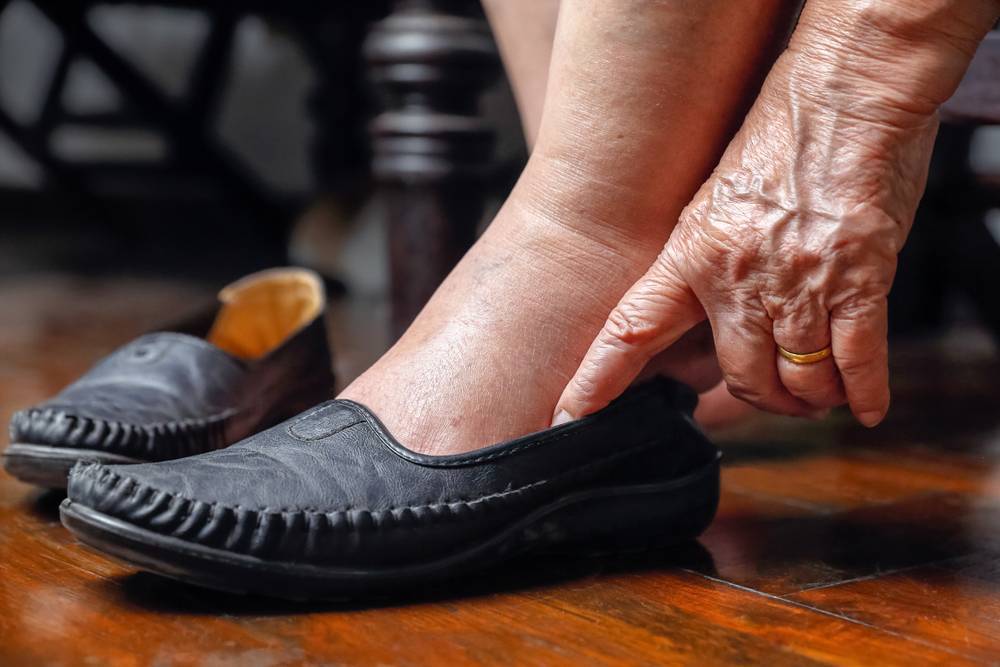Edema is a common condition characterized by swelling in the body’s tissues, usually in the feet, ankles, or legs. While it is often not a cause for concern, it can sometimes be a symptom of an underlying health issue.
In this article, we’ll take a closer look at edema, its causes, symptoms, and treatment options.
What is Edema?
Edema occurs when excess fluid accumulates in the body’s tissues. This can cause swelling, particularly in the feet, ankles, and legs, though it can also occur in other parts of the body such as the hands and face. Edema can be a symptom of an underlying health issue, or it can occur on its own.
Common Causes of Edema
There are many different things that can cause edema, including:
- Heart disease
- Kidney disease
- Liver disease
- Chronic venous insufficiency
- Pregnancy
- Certain medications, such as those for high blood pressure or diabetes
- Infections
- Injuries
Edema in Asia
Edema is a common condition in Asia, particularly among older adults. According to a study published in the Journal of the Medical Association of Thailand, nearly 50% of older adults in Thailand experience edema. In Japan, a study found that nearly 60% of patients with chronic kidney disease experience edema.
Symptoms of Edema
The most common symptom of edema is swelling in the feet, ankles, or legs. Other symptoms can include:
- Skin that feels stretched or shiny
- Stiffness in the affected area
- Aching or tenderness in the affected area
- Reduced mobility
- Weight gain
Treatment Options
The treatment for edema will depend on the underlying cause. For example, if edema is caused by heart disease, treatment may involve medications to help manage the condition. If edema is caused by kidney disease, treatment may involve dialysis or a kidney transplant.
There are also lifestyle changes that can help manage edema, such as:
- Eating a low-salt diet
- Exercising regularly
- Elevating the affected area when sitting or lying down
- Wearing compression stockings
- Avoiding sitting or standing for long periods of time
In some cases, a doctor may also recommend medications such as diuretics, which help to remove excess fluid from the body.
When to See a Doctor
While it is often not a cause for concern, it’s important to see a doctor if the swelling is severe or persistent, or if it is accompanied by other symptoms such as shortness of breath or chest pain. Additionally, if you have a pre-existing medical condition that puts you at risk such as heart or kidney disease, it’s important to talk to your doctor about ways to manage your risk.
In Conclusion
Edema is a common condition that can occur for a variety of reasons. While it is often not a cause for concern, it can sometimes be a symptom of an underlying health issue. If you’re experiencing swelling in your feet, ankles, or legs, talk to your doctor about ways to manage the condition and address any underlying causes.

